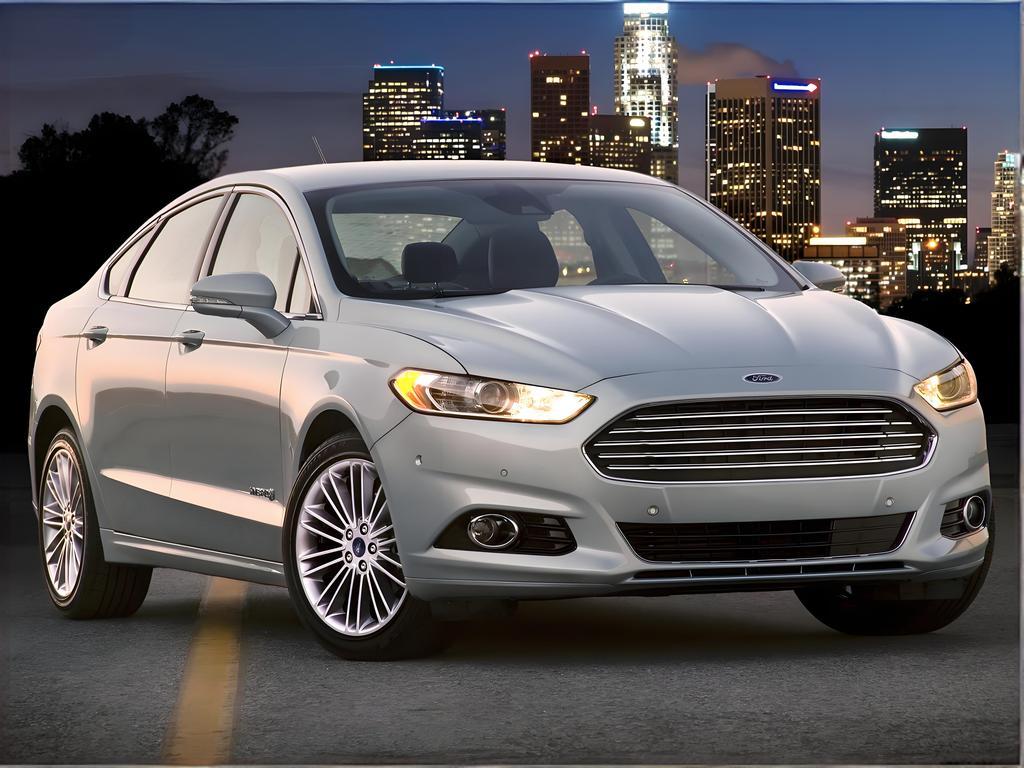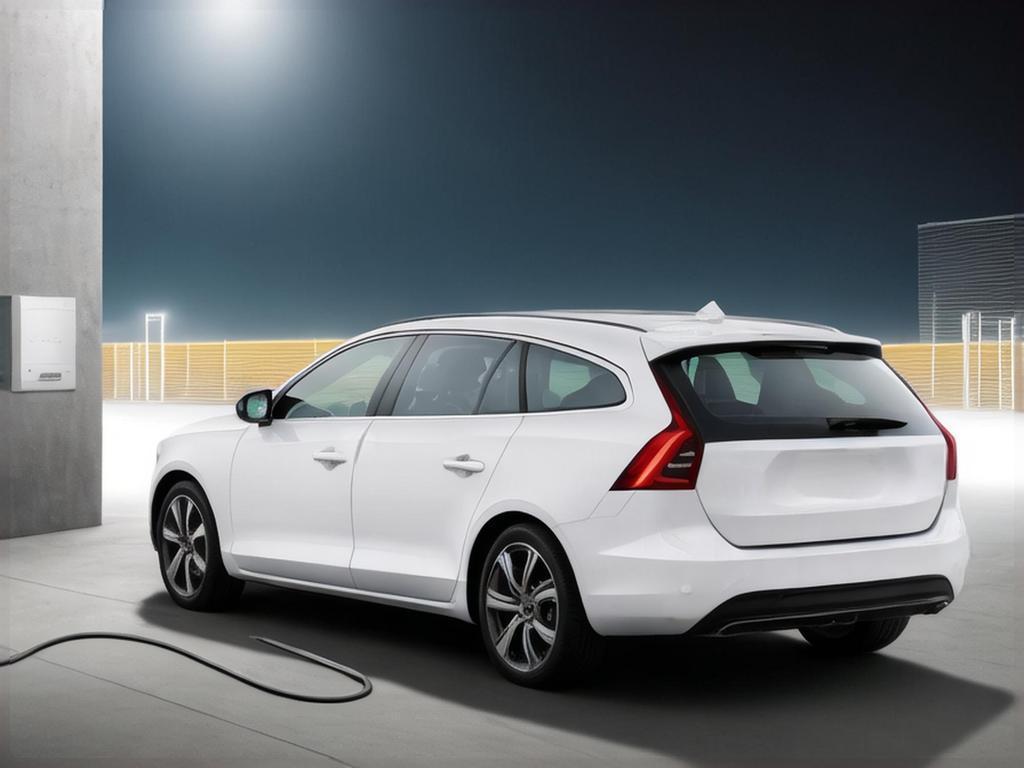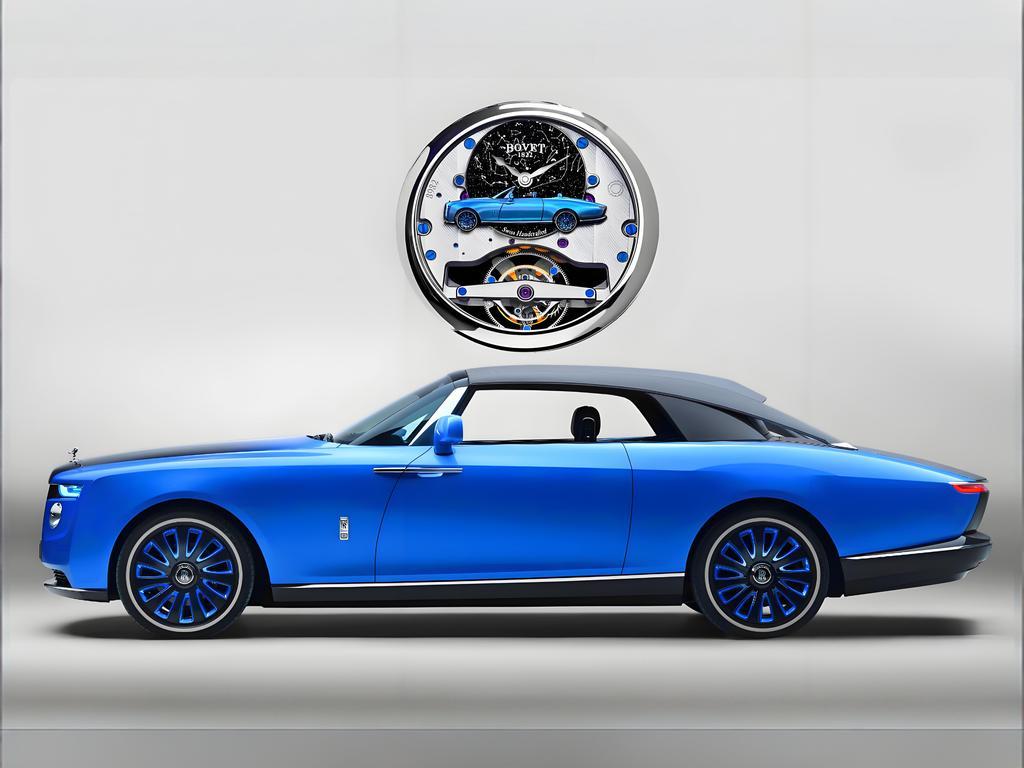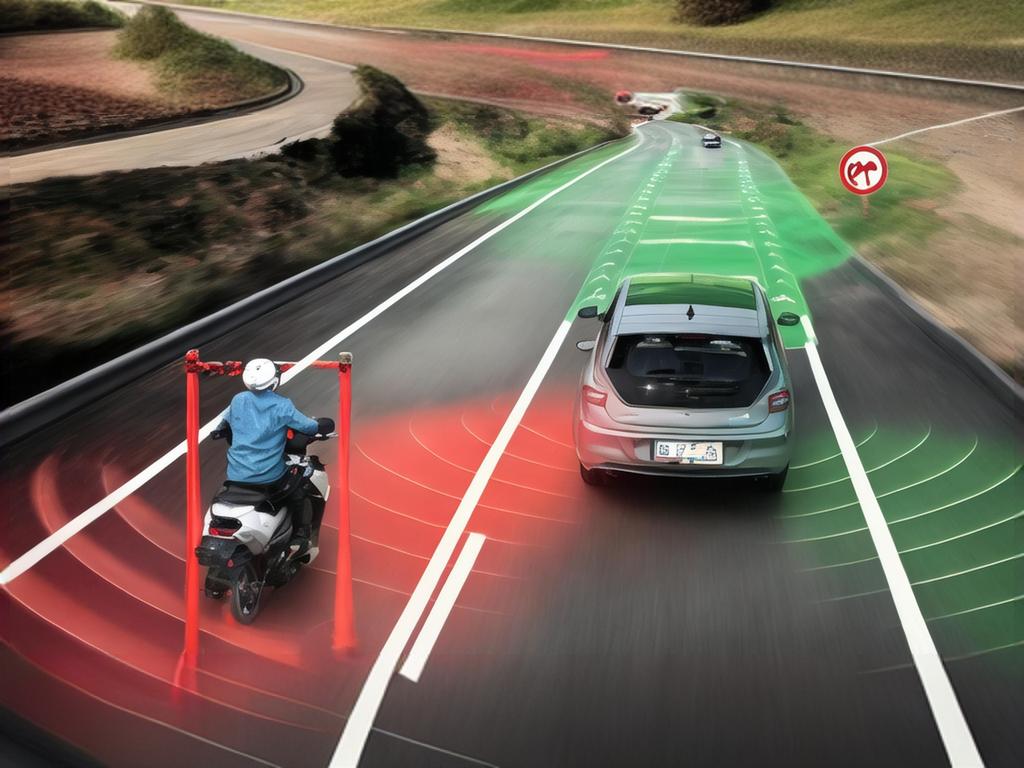Green Machines: How Are Changing the Auto Industry for the Better
In recent years, the global auto industry has undergone a significant transformation, driven largely by the rise of hybrid cars. These “green machines” have not only challenged traditional notions of automotive power but have also ushered in a new era of environmental sustainability and technological innovation. Hybrid cars, which combine gasoline engines with electric motors, are transforming the industry in numerous ways, both environmentally and economically.
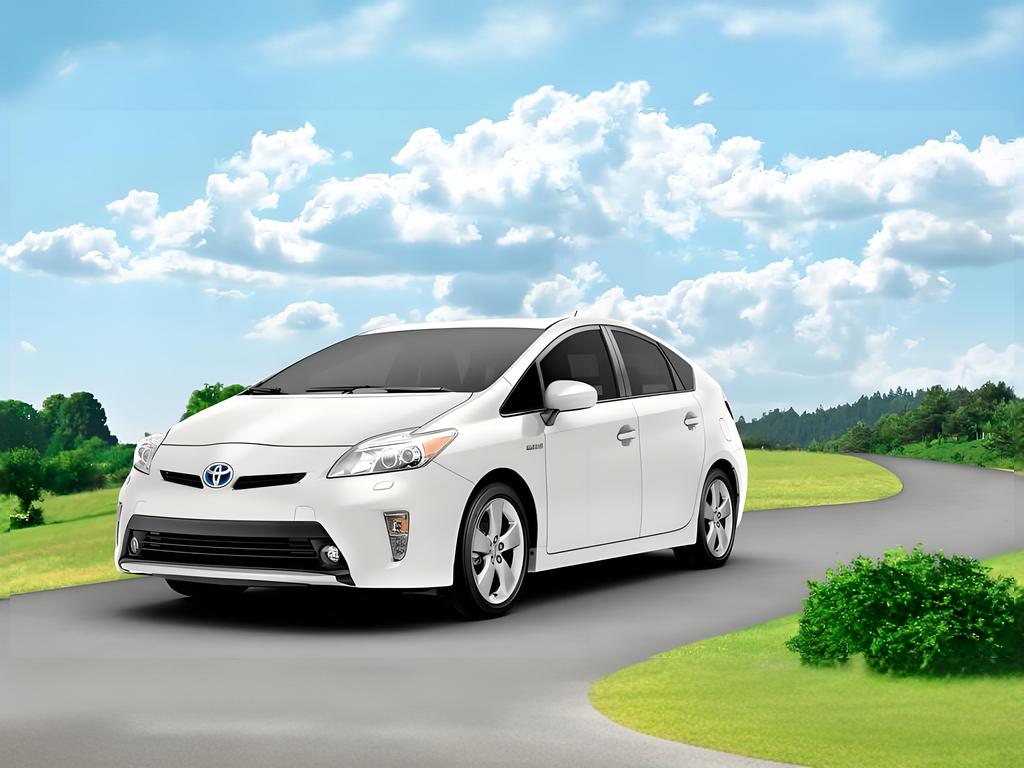
1.Environmental Benefits
Hybrid cars are at the forefront of the fight against climate change. By significantly reducing fuel consumption and emissions, they are helping to mitigate the impact of transportation on the environment. According to various studies, hybrid vehicles can improve fuel efficiency by up to 50% compared to conventional gasoline-powered cars. This reduction in fuel consumption translates directly into fewer greenhouse gas emissions, making a substantial contribution to global efforts to achieve carbon neutrality.
For example, Toyota, a pioneer in hybrid technology, has been instrumental in promoting the adoption of these vehicles. The company’s Prius model, first introduced in 1997, has become synonymous with hybrid technology and has sold millions of units worldwide. The Prius’s success has inspired other automakers to invest in hybrid technology, leading to a wider range of green machines available to consumers.
2.Technological Advancements
Hybrid cars are also driving technological advancements in the auto industry. The integration of gasoline engines with electric motors requires sophisticated battery systems, electric motors, and power electronics. The development of these technologies has not only improved the performance of hybrid vehicles but has also paved the way for the emergence of fully electric cars. As battery technology improves and becomes more cost-effective, automakers are able to produce electric vehicles with longer ranges and shorter charging times.
Tesla, a leading electric car manufacturer, has revolutionized the industry with its high-performance electric vehicles. While Tesla’s vehicles are fully electric, they build upon the technological foundations laid by hybrid cars. The success of Tesla and other electric car makers underscores the potential for hybrid technology to serve as a bridge between traditional gasoline-powered cars and the fully electric future.
3.Economic Impacts
Hybrid cars are also having a positive economic impact on the auto industry. As governments around the world implement stricter emissions regulations, automakers are under pressure to reduce the environmental footprint of their vehicles. Hybrid technology offers a cost-effective solution, allowing automakers to comply with emissions standards while maintaining profit margins.
In the United States, the Inflation Reduction Act (IRA) has provided significant incentives for the purchase of electric and hybrid vehicles. The act offers tax credits for new electric and hybrid cars, with higher credits available for vehicles that meet certain domestic content requirements. This has not only accelerated the adoption of green machines but has also spurred investment in domestic battery manufacturing and other critical components of the electric vehicle supply chain.
4.Examples of Hybrid Cars Changing the Industry
1.Toyota Prius: As mentioned earlier, the Toyota Prius has become the poster child for hybrid technology. Its success has helped to normalize the idea of hybrid cars and has paved the way for other automakers to enter the market.
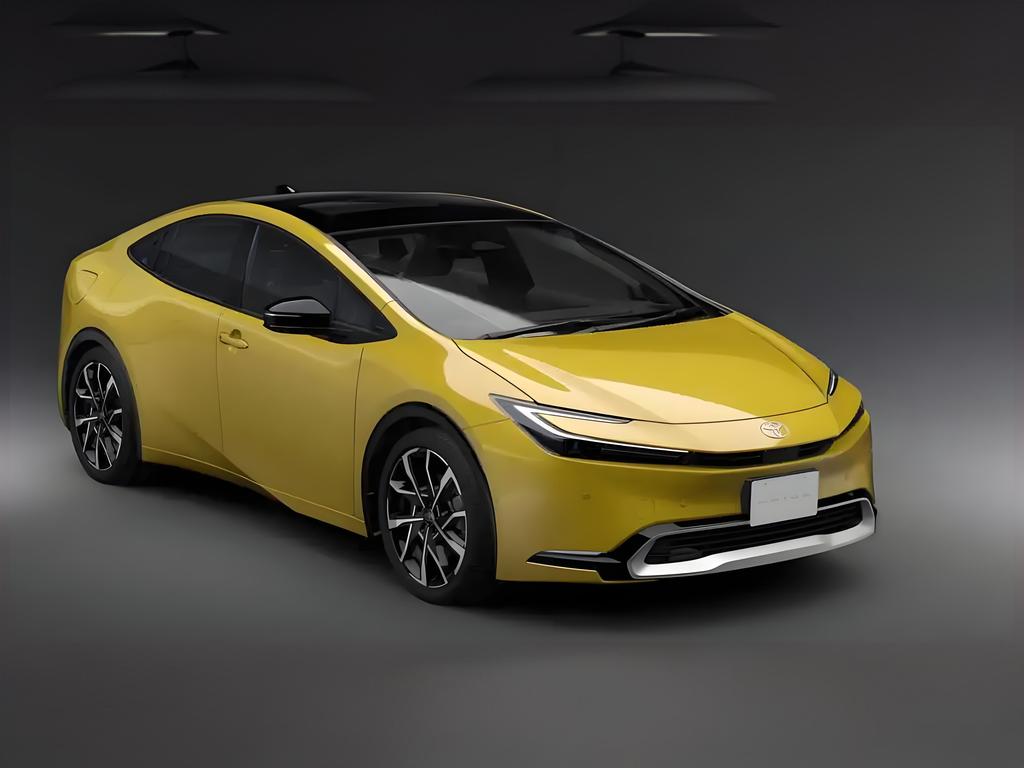
2.Honda Insight: Honda’s Insight is another example of a successful hybrid car. It offers a comfortable and spacious interior combined with excellent fuel economy, making it a popular choice for consumers looking to reduce their carbon footprint.
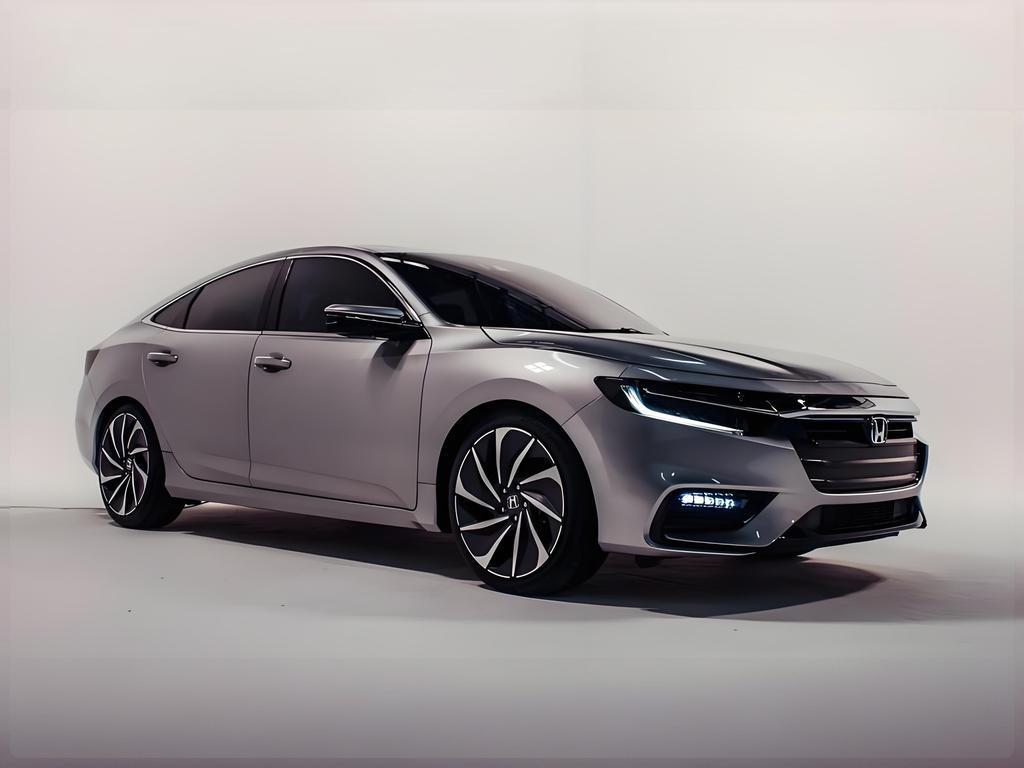
3.Ford Fusion Hybrid: Ford’s Fusion Hybrid demonstrates the mainstreaming of hybrid technology. By offering a hybrid version of its popular Fusion sedan, Ford has shown that hybrid cars can appeal to a wide range of consumers, not just those focused on environmental concerns.
